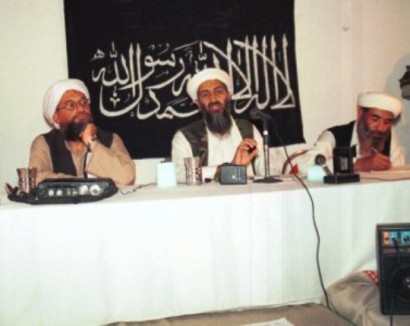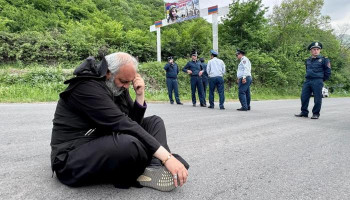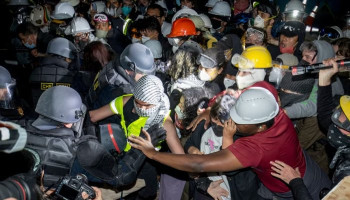Documents from Osama bin Laden raid used in US terror trial
 Al-Qaeda documents recovered from the home of Osama bin Ladentie a Pakistani student to an international plot against Western targets, according to American prosecutors. The documents set out instructions for operatives sent to Europe and mark the first time papers from bin Laden's compound have been presented in a terror trial. Abid Naseer was arrested in Manchester in 2009 and was extradited to the US four years later to stand trial. He is accused of heading a terrorist cell planning to bomb the Manchester's Arndale shopping centre. Evidence presented at his trial on Wednesday included a report prepared by Saleh al-Somali, allegedly al-Qaeda's head of external operations, telling bin Laden of a number of arrests in the UK. The court heard how it was found among memory cards and flash drives collected by Navy Seals on the night they shot dead the world's most wanted man at his home in Abbottabad, Pakistan. The document, written in April 2009 and titled "Report on the external operations" describes sending "brothers" to Britain, Russia and Europe. In the UK, it says, they were tasked with picking their own targets – "the brother determines what targets in line with what materials he can get". The document goes on to apparently update the head of al-Qaeda with progress. "The brothers did not face any security problems other than what was mentioned on the news a few days ago about the arrest of several individuals in Britain," it says. "We have not ascertained if these had anything to do with us." Mr Naseer, 28, who came to Britain on a student visa, has maintained throughout the trial that no explosives were ever found at his home in Manchester and there was insufficient evidence for a case in Britain against him and nine other suspects. Naseer, 28, has maintained throughout the trial that no explosives were ever found at his home in Manchester and he had never faced charges in Britain. Giving evidence on Wednesday afternoon he explained why he decided to defend himself in the case. "I chose to represent myself on personal grounds. I wanted people to hear my voice and hear my story," he said in a calm, composed voice as two court marshalls kept a close watch. |



















